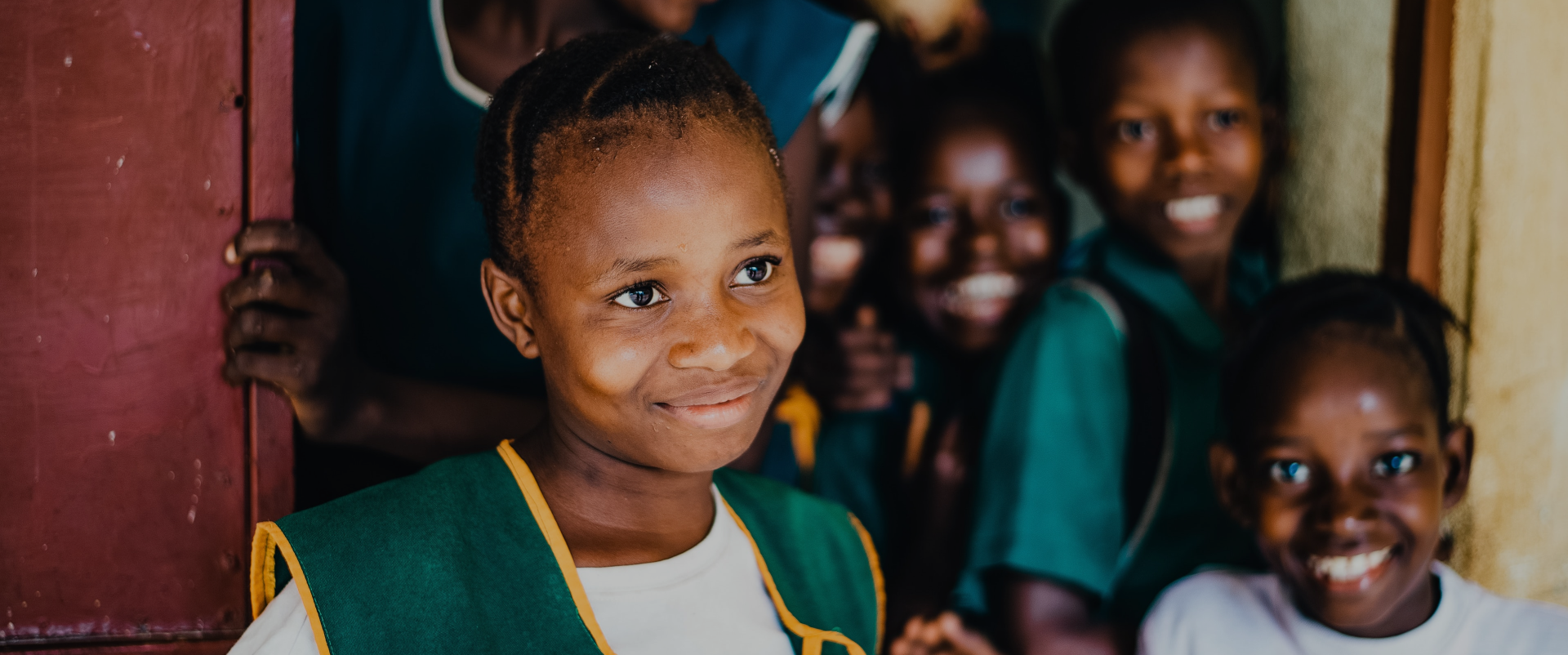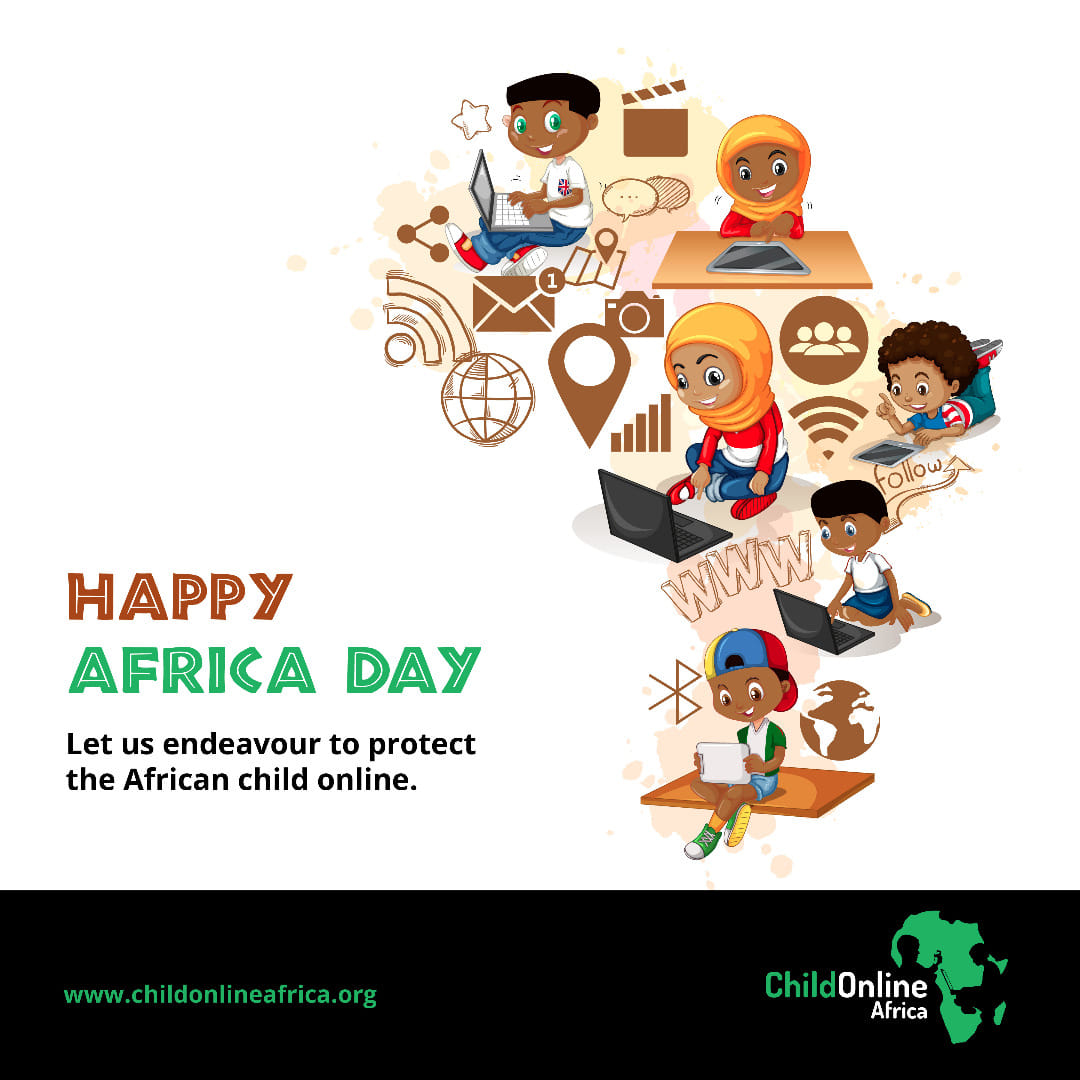
Educate an African Fit for the 21st Century: Building Resilient Education Systems for Increased Access to Inclusive, Lifelong, Quality, and Relevant Learning in Africa
As we celebrate Africa Day, we recognize the extraordinary potential and rich diversity of the children and young people of our continent. The theme for this year, "Educate an African Fit for the 21st Century:
Building Resilient Education Systems for Increased Access to Inclusive, Lifelong, Quality, and Relevant Learning in Africa," calls upon all policymakers, educators, and stakeholders to join forces in ensuring that every African child and young person is equipped with the knowledge, skills, and opportunities necessary to thrive in an ever-evolving global landscape.
Africa is home to the world's youngest population, with over 60% of its people under the age of 25. This demographic reality presents a unique opportunity—and an urgent challenge. As the saying goes:
children and young people of Africa are the future of the countries within Africa and deserve to be skilled for it’s future. It is time to act decisively to build resilient education systems that can withstand
and adapt to crises, such as the COVID-19 pandemic, which has laid bare the vulnerabilities in our current educational structures.
Our Call to Action
Increase Investment in Education: We urge governments to allocate at least 20% of their national budgets to education, in line with the Education 2030 Framework for Action. This investment is critical
to building and maintaining robust education systems that can deliver lifelong learning opportunities.
Enhance Teacher Training and Support: Teachers are the backbone of any education system. Comprehensive training programs, competitive salaries, and ongoing professional development are essential to ensure that educators can effectively nurture and guide the next generation.
Embrace Digital Learning Technologies: The digital revolution offers unprecedented opportunities to expand access to education. We call on policymakers to invest in ICT infrastructure, provide affordable
internet access, and integrate digital literacy into curricula to prepare students for the digital age.
Promote Inclusive Education: Education systems must be inclusive of all children, regardless of gender, disability, socioeconomic status, or geographic location. Special emphasis should be placed on reaching the most marginalized and vulnerable groups to ensure that no child is left behind.
Foster Public-Private Partnerships: Collaboration between the public and private sectors can drive innovation and resource mobilization. We encourage stakeholders to form strategic partnerships to
support educational initiatives and expand learning opportunities.
Adapt Curricula to Future Needs: Curricula must be dynamic and relevant, focusing on critical thinking, problem-solving, and other 21st-century skills. Education should also include vocational training and
entrepreneurship to equip young people with practical skills for the job market.
Strengthen Early Childhood Education: The foundation for lifelong learning is laid in the early years. We call for increased support for early childhood education programs that promote cognitive, social, and
emotional development from a young age.
A Collective Responsibility
Education is a fundamental human right and a powerful driver of sustainable development. As we commemorate Africa Day, let us renew our commitment to building resilient education systems that
empower every child and young person to reach their full potential. The task is formidable, but the rewards—an educated, innovative, and prosperous Africa—are within our grasp.
We call upon policymakers, educators, civil society organizations, the private sector, and the international community to join us in this vital mission. Together, we can ensure that African children
and youth are not only fit for the 21st century but are also equipped to shape it.

